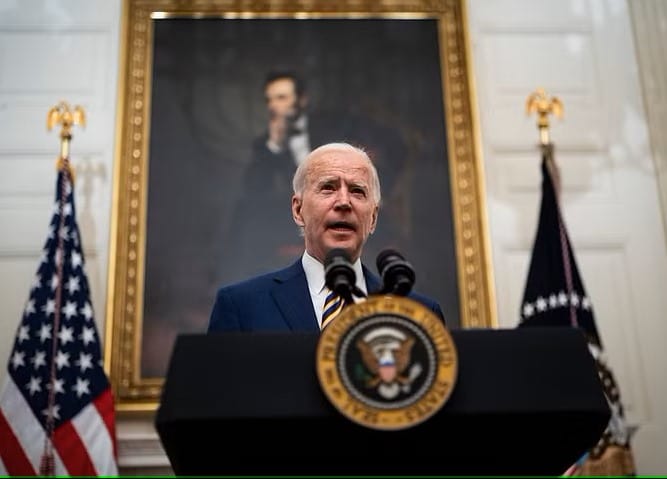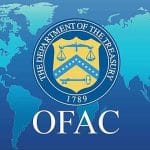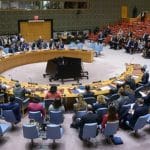Clearly working overtime to underscore the Biden administration’s desire to inflict maximum economic pain on Moscow and its coterie of Ukraine invasion supporters outside of Russia itself, the U.S. Government released on January 15 a massive new Russia sanctions list, designating over 250 so-called enablers of Russian President Vladimir Putin’s war against Ukraine.
This step comes less than a week after previous wide-ranging energy related sanctions against Russia were announced. We are witnessing a race by the sanctions experts at both the State and Treasury Department to authorize as many new measures as possible before the change of administration in Washington on January 20.
Accurate or not, some analysts are interpreting the latest steps with the same spin that has been applied to almost every foreign policy step taken by the Biden administration since the NATO Summit last summer — the need to “Trump-proof” the Russia sanctions regime. At the very least the new Biden administration steps make potential cancellation of the latest Russian sanctions by the incoming President a challenging bureaucratic task which may in fact require congressional approval.
Additional announcements of smaller sets of sanctions continued in Washington until the end of the official workday on Friday, January 17, but nothing approaching this new Russia sanctions package was among those listed. Those targeted included individuals in the Republika Srpska (Bosnia) for supporting destabilizing activities there, and the Yemen Kuwait Bank for its financial support of ongoing Houthi aggression in the Middle East.
The U.S. Department of State’s January 15 press statement, this one signed by Secretary Blinken himself, covers all the key points regarding the new Russia sanctions:
Hitting Russia’s Military Industrial Base and Enablers of Sanctions Evasion
“Building on our January 10 sanctions targeting Russia’s energy sector, today the United States is designating over 250 enablers of Putin’s war against Ukraine. These sanctions will further constrain Russia’s ability to wage war and thwart sanctions evasion.
Of these targets, the Department of State is sanctioning more than 150 individuals and entities involved in Russia’s defense industry and supporting its military industrial base. These designations encompass dozens of companies outside Russia that facilitate Russia’s evasion of our sanctions, particularly in the People’s Republic of China (PRC), which remains the largest supplier of critical defense-related goods to Russia. Additional designations target subsidiaries of State Atomic Energy Corporation Rosatom.
The Department of the Treasury is re-designating under Executive Order 13662 nearly 100 major entities across Russia’s financial, defense, and energy sectors. Treasury is also designating participants in a sanctions evasion scheme established between Russia and the PRC to facilitate cross-border payments for sensitive dual-use goods, as well as a Kyrgyz Republic-based financial institution that collaborated with Russian officials and a U.S.-designated bank to circumvent our sanctions.
We continue to bring available tools to bear on disrupting Russia’s illegal war against Ukraine, together with G7 and other like-minded partners. We stand in solidarity with Ukrainians in defending their homeland against Russia’s illegal war of choice.
The Department of State actions were taken pursuant to Executive Order (E.O.) 14024, and the Department of the Treasury sanctions actions were taken pursuant to both E.O. 13662 and E.O. 14024, as amended. For more information on the January 15 actions, please see the Department of State’s fact sheet and the Department of the Treasury’s press release.” End text.
The actions taken in tandem by the Treasury Department had several specific focal points. One action targets a sanctions evasion scheme established between actors in Russia and the People’s Republic of China (PRC) to facilitate cross-border payments for sensitive goods, also known as regional clearing platforms.
In a second step, Treasury designated a Kyrgyz Republic-based financial institution (OJSC Kerement Bank) that coordinated with Russian officials and a U.S.-designated (sanctioned) bank to implement a sanctions evasion scheme.
Finally, Treasury is also reinforcing/restating the grave sanctions risks foreign persons face in continuing their work with Russia’s military-industrial complex by re-designating pursuant to Executive Order 13662 almost 100 entities already designated pursuant to E.O. 14024.








